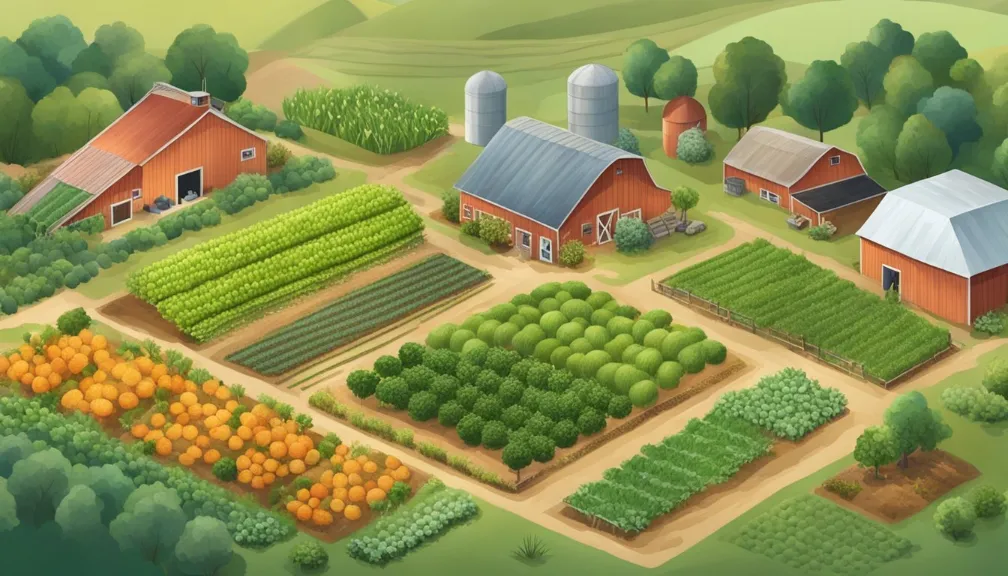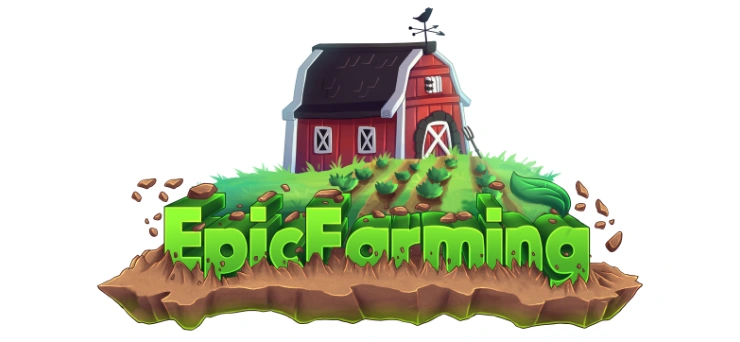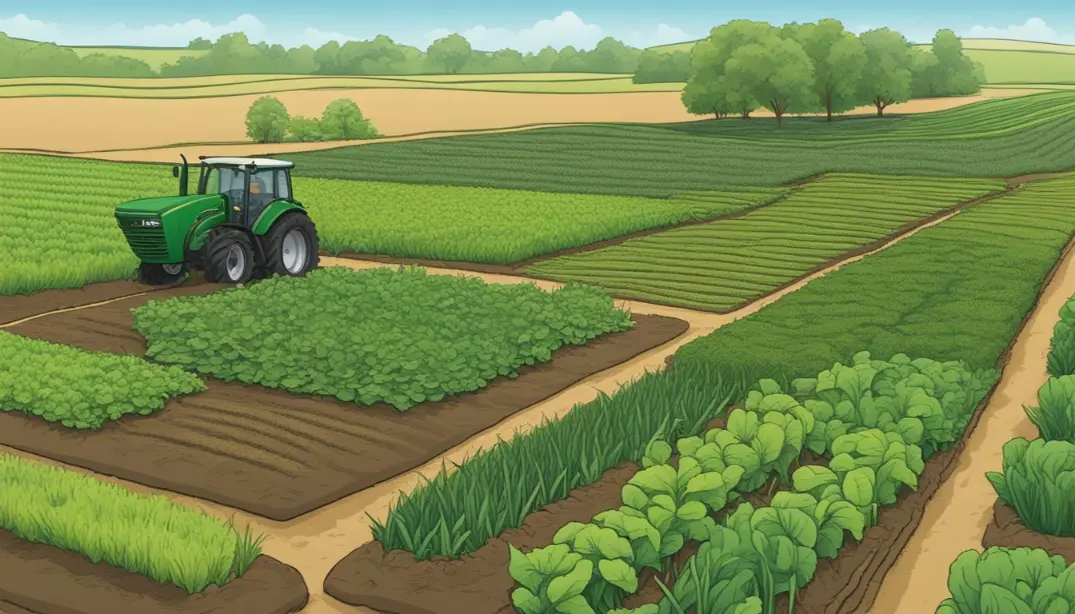What is Mediterranean Agriculture Farming, If you have ever enjoyed a delicious meal of pasta, pizza, olive oil, cheese, or wine, you have probably tasted some of the products.
It is characterized by a diversity of crops and livestock, a reliance on natural resources, and a strong cultural and historical heritage.
In this blog post, we will explore how it contributes to food security and environmental sustainability, and what are the main challenges and opportunities facing it in the 21st century.
Features Of Mediterranean Agriculture Farming
It is not a single system, but rather a mosaic of different practices and traditions that vary according to the local climate, soil, water, and socio-economic conditions. However, some common features can be identified, such as:
- A high diversity of crops and livestock, including cereals, legumes, fruits, vegetables, nuts, olives, grapes, herbs, spices, honey, dairy products, meat, eggs, and fish. This diversity supports local diets and economies through balanced nutrition and income sources.
- A low use of external inputs, such as fertilizers, pesticides, and irrigation, and relies mostly on natural resources, such as rainfall, sunshine, wind, and organic matter. It employs traditional methods like crop rotation, intercropping, mulching, terracing, and agroforestry to boost soil fertility, save water, and prevent erosion.
- A strong connection with the local culture and history. It has been shaped by centuries of human activity and adaptation to the environment. It reflects the values, beliefs, and customs of the people who practice it, as well as their knowledge and skills. It also contributes to the preservation of the landscape, the biodiversity, and the cultural heritage of the region.

Benefits Of Mediterranean Agriculture Farming
Many benefits for the people and the planet, such as:
| Benefits | Description |
|---|---|
| Food Security And Nutrition | 1- Mediterranean agriculture farming provides a variety of food products that are rich in vitamins, minerals, antioxidants, and fiber. It also follows the principles of the Mediterranean diet, which is considered one of the healthiest and most balanced diets in the world. 2- According to the World Health Organization, the Mediterranean diet can prevent chronic diseases, such as obesity, diabetes, cardiovascular diseases, and some cancers. |
| Environmental Sustainability | 1- Mediterranean agriculture farming respects and protects the natural resources that sustain it. It uses water efficiently, reduces greenhouse gas emissions, enhances soil quality, and preserves biodiversity. 2- It also creates a harmonious and beautiful landscape that attracts tourists and visitors. |
| Social And Economic Development | 1- Mediterranean agriculture farming supports the livelihoods and well-being of millions of farmers and rural communities. It generates income and employment, reduces poverty and inequality, and fosters social cohesion and solidarity. 2- It also promotes local identity and pride, as well as cultural diversity and exchange. |

Challenges And Opportunities Of Mediterranean Agriculture Farming
Despite its many advantages, this type of farming also faces some challenges and threats, such as:
Climate Change And Variability
The Mediterranean region is one of the most vulnerable to the effects of climate change, such as rising temperatures, droughts, floods, storms, and pests.
These effects can reduce crop yields, increase water scarcity, and damage infrastructure and assets. They can also exacerbate conflicts and migration, as well as health and food safety risks.
Globalization And Market Competition
The global market exposes the Mediterranean region to pressures and opportunities, including trade liberalization, price fluctuations, and consumer demand.
These factors can create new opportunities, such as access to new markets, technologies, and innovations.
However, they can also pose some challenges, such as loss of competitiveness, quality standards, and market access.
They can also threaten the local identity and diversity, as well as its social and environmental values.
Policy And Institutional Support
Different countries and regions in the Mediterranean compose the region, each with its own political, legal, and institutional framework. This diversity poses challenges for coordinating various actors like farmers, consumers, researchers, policymakers, and civil society.
It can also limit the recognition and support, as well as its integration into the national and regional development strategies and policies.
To overcome these challenges and seize the opportunities, it needs to adapt and innovate, while preserving its essence and values. Some of the possible actions and solutions include:
- Strengthening the resilience and adaptation to climate change and variability.
- By improving water management, diversifying crops and livestock, adopting best practices, and enhancing risk management and insurance.
- Boosting global competitiveness and quality through improved productivity, efficiency, profitability, and promoting product/service certification, labeling, and branding.
- Boosting awareness and appreciation by highlighting health, environmental, and cultural benefits, and encouraging responsible consumption and tourism.
- Promoting stakeholder cooperation through networks, platforms, and alliances, fostering knowledge sharing, learning, and innovation.
- Advocate for policymakers’ recognition and support, providing evidence, data, and influencing policy and program design and implementation.
Related Posts:
Agricultural Revolution: Key Causes, Effects & Shape The Modern World
What Is O Farming: Make Money Online, Get Start & Benefits
Regenerative Farming: How To Start & Benefits
Agricultural Hearths: Major Agriculture Hearths & Development

Meet Our Expert Agricultural Administrator
Welcome to agrigreenhands.com, your dedicated hub for all things related to agricultural farming. Leading the way in our commitment to sustainable and innovative practices is Jawad Hussain, our esteemed administrator with a profound background in agriculture….


